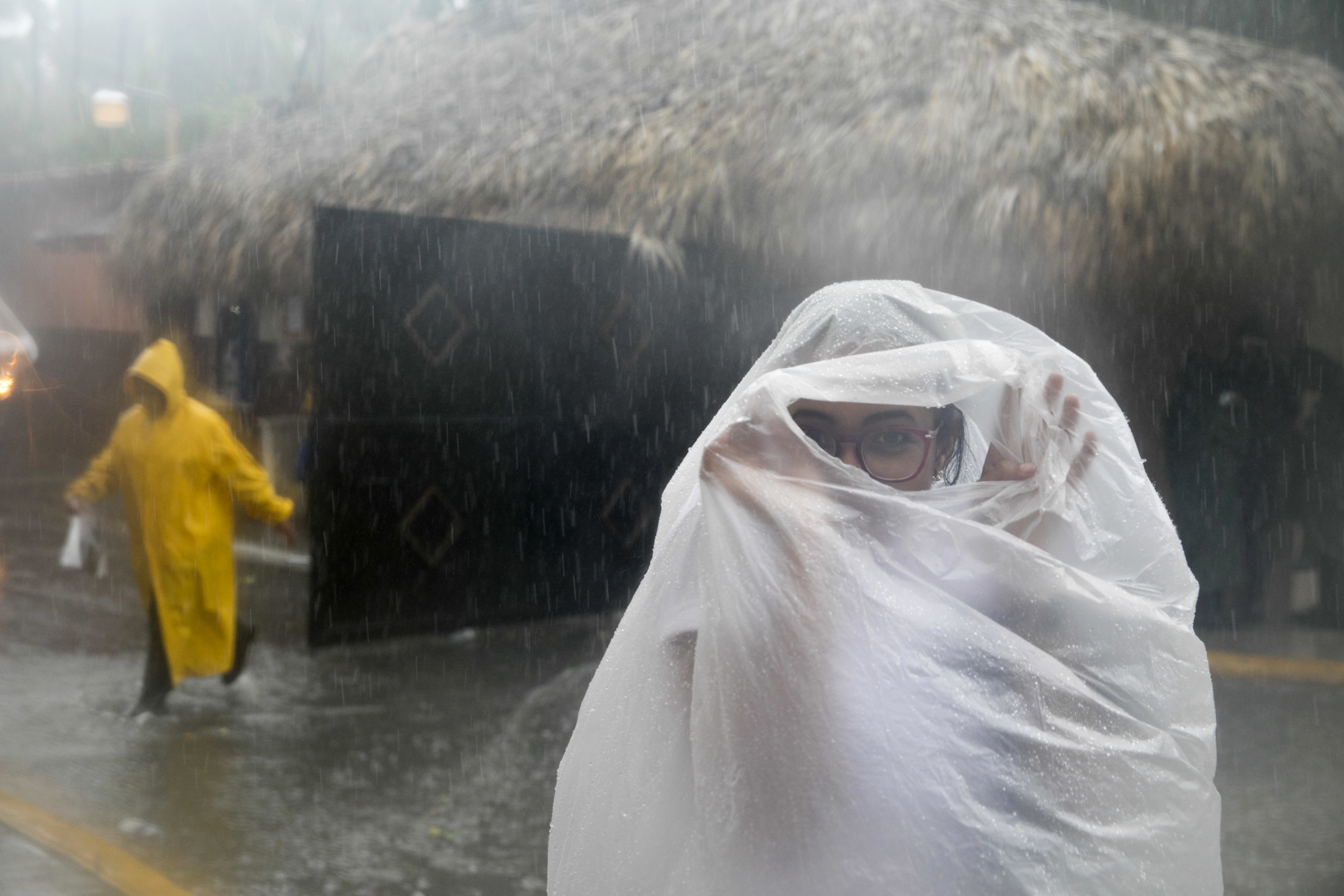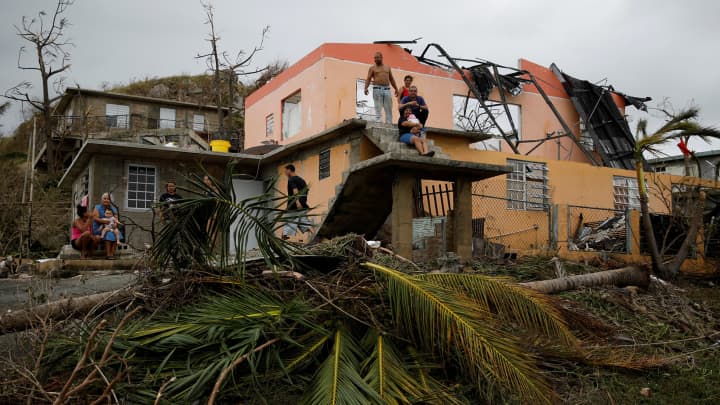In recent dates, natural disasters from wildfires to earthquakes and hurricanes have ravaged nations globally as if we were in a scene of the movie 2012.
Countless lives have been claimed, bodies unaccounted for as they have been drifted off by currents, and thousands of families left homeless around the world from calamities such as Hurricane Harvey, Hurricane Maria, and the 6.1 magnitude earthquake that ransacked Central Mexico.
For those of us whose homes are still intact and us who have not been directly affected by these life-shattering occurrences, we witness, sometimes idly, as the floor is ripped from underneath victims wishing there was something more we could do to help them.
We share posts of news coverage updates on areas in these horrifying conditions and post call-to-actions for other people to donate to natural disaster relief, but how willing are we to do more than what is required of us to lead by example?
And while making donations is an effort anyone should be proud of, there are more things we can each do to help victims of natural devastation, American or not.
1. DON'T think it could never happen to you.
Because it can and when it does, you too will want someone to stop time to help you back up on your feet.
2. DO consider the mental trauma it has had on victims and how you can volunteer.
When a storm or fire destroy your home and all of your personal belongings, when you cannot get in touch with family members with whom you've been separated from and fear for their lives, when your new place of refuge is a shelter shared with hundreds of strangers and your children are asking you why can't they just home, sometimes you need more than money and clothes. Victims of natural catastrophes need a friend. They need someone to confide in.
The American Red Cross even assigns mental health travel volunteers to disaster sites to help victims cope with their new reality.
Learn how you can join organizations like the American Red Cross to be the listening ear victims may not have.
3. DON'T ignore how these disasters are affecting the people in such areas.

Just because you brush it off won't make it disappear. And just because you are "tired" of seeing it in your TL doesn't mean it isn't worth paying attention to. While you relish in your home of comfort and security, think of all the people who now because of wildfires, floods, and tornadoes live lives of uncertainty.
4. DO use your skills and talents to offer unique assistance to victims.
Blavity shared a story of how a woman in Texas used her extreme coupon skills to donate several supplies, toys, and clothes to families in shelters post-Hurricane Harvey.
Can you braid, style or cut hair? Contact disaster relief shelters to see if you can stop by to shape up and sharpen the look of victims for free. Nine times of out ten when we look good, we feel good.
Do you own old toys that your kids don't play with anymore? Donate them. Even the children in the shelters need something to make the time fly by.
We all have unique talents and gifts that we can offer to those in need. A gift isn't a gift until it is given.
5. DON'T make jokes about how that country/area deserves it.
Memes have surfaced on the internet attempting to make light of the situations and even impending doom can easily be mistaken for lack of sympathy.
Though some jokes are benign, others can be quite damaging. There is nothing funny about being homeless or losing a loved one. So think before you post. Period.
6. DO check in on friends and colleagues who have family members affected by the storms.
Call that friend or colleague who can't seem to sleep at night because he or she can't get in touch with their parents in the Caribbean after Hurricane Maria hit. Even if there is nothing you can do to bring resolution to the problem, you can always lighten the burden by letting people who are affected know that you care.
7. DON'T make excuses as to why you cannot help.

Surely, we can't all make Beyoncé-sized donation pledges. Still, we can pledge $1 or $5. We can collect a bag of old clothes and shoes we no longer wear to give to those who need it more. We can volunteer for trust-worthy non-profits like Habitat for Humanity. Or become a blood donor.
Every penny counts, every minute is precious, and the rewards of doing something good for someone else with wanting nothing in return is priceless.
For more ways to get involved with Hurricane Maria relief, Refinery29 has compiled a list.
